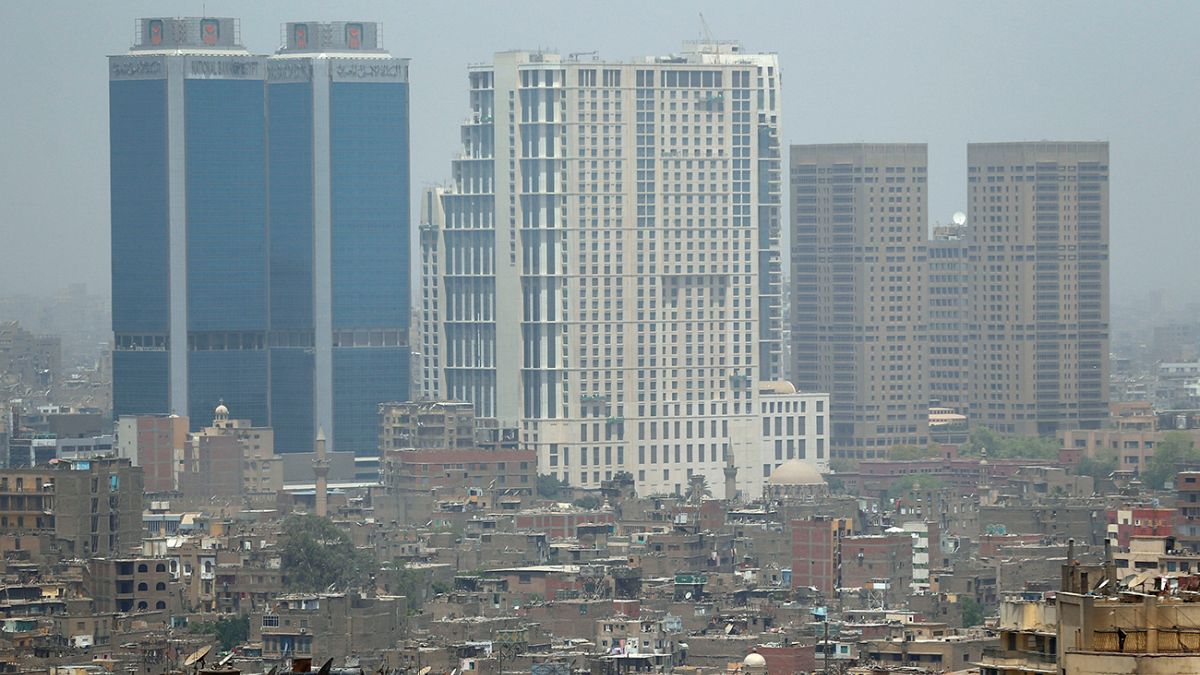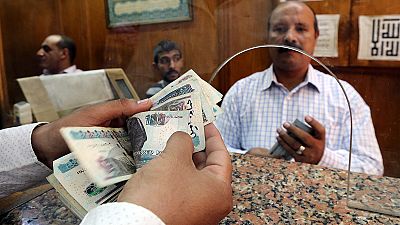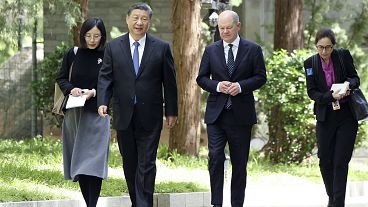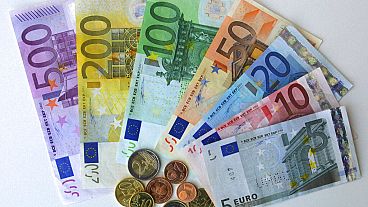Import-dependent Egypt has been hit by soaring inflation since it floated its currency last November as part of reform to get an IMF loan.
The cost of living continues to be a big problem in Egypt.
In April annual inflation reached the highest level in 30 years at 31.5 percent.
The country imports many essentials and consumers are paying the price for the government allowing the Egyptian pound to float against other currencies from last November.
Since then it has roughly halved in value.
Fava beans and falafel
Farmer Gamal Gomaa, who was visiting Cairo, complained: “We’re living now on fava beans and falafel and even those are expensive. We used to buy fava beans for a pound and it was enough for breakfast for my family and now breakfast costs two or three pounds.”
President Abdel Fattah al-Sisi is under increasing pressure to revive the economy, keep prices under control and create jobs to avoid a backlash from the public.
“Everything is so expensive. We can’t afford to eat. I don’t know what to buy,” said Baheega Mostafa, a housewife shopping for food. “I voted for Sisi. Unfortunately. I regret it very much.”
Food prices have spiked, rising by 43.6 percent year-on-year in April ahead of the holy month of Ramadan, when demand peaks because of heavy consumption following dawn-to-dusk fasting.
Egypt is struggling to contain inflation https://t.co/wwkMvmpHLe
— NewsTim (@NewsTim00) 10 May 2017
IMF loan
Floating the currency was part of a $12 billion loan deal with the International Monetary Fund which also included tax increases and cuts in subsidies.
The government says the latest statistics show inflation has peaked and should now ease. The monthly inflation rate did fall for the third straight month in April.
The IMF has suggested that raising central bank rates could help bring down inflation, but analysts say lending activity has already slowed since Egypt put up interest rates by three percent after the pound was allowed to float, and further tightening could sap economic activity.
With 30%+ inflation and growth still well below pre-2011 levels #Egypt needs serious reforms like this. https://t.co/XJSuRxbqMS
— Jonathan Thomas (@afrinomica) 10 May 2017



